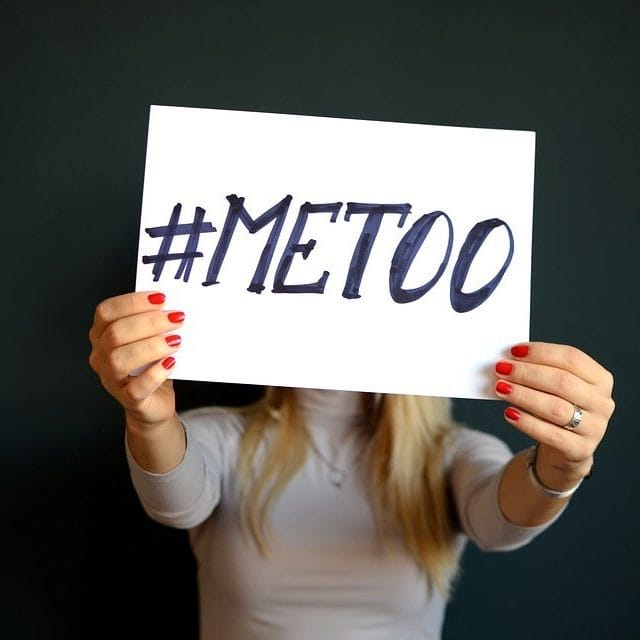Indian police on the campaign trail: Time to end harassment of women
🔗 [SYSTEM UPDATE] Link found. Timestamp incremented on 2025-11-26 13:55:13.One of India’s biggest police forces have started a social media campaign to reduce the sexual assault and harassment of women. HIMMAT SHALIGRAM reports.


By HIMMAT SHALIGRAM
One of India’s main police forces, the Kolkata Police, have come out on social media in support of the local adoption of the international #metoo campaign against sexual assault and harassment of women.
“We at Kolkata Police have been perturbed by the number of women who have shared #metoo”, the Police's Facebook post read. “And we would also like to reiterate our pledge and commitment by saying that we hear every single one of you.”
In India where a woman is raped every 20 minutes, sexual harassment and violence is an major issue.
New Delhi resident Ameya Sharma said she regularly felt the unwanted attention of men. “What are you looking at!” is her regular response as she walks the street to her university or to a local shop in a popular shopping district.

Ms Sharma is one of the many women across India who have flooded social media with their stories and in support of women who have encountered sexual harassment or violence.
The #metoo campaign started in the aftermath of Harvey Weinstein’s Hollywood scandal to show the prevalence of sexual assault and harassment.
A frequent traveller on public transport in Pune Nikita John said she had a positive outlook to the campaign and its effect on her immediate friendship circle.
“Some of my friends came up to me, admitting that they feel ashamed of even making sexual jokes in the company of women and some have even posted statuses on Facebook pledging for a stronger stance against sexual violence,” she said.
Harassment is so common in India it is often confused with “eve-teasing”, which is a term used to describe behaviour to women that can range from sexual comments to groping in public. The use of the term “teasing” suggests the behaviour is less serious than it is.
Ms Sharma said that kind of behaviour was “a very common thing’’ in Delhi.
“Recently, I was traveling in the metro alone in the evening and a few men in the neighbouring compartment kept on staring at my chest and when my station came, they started shouting, ‘Come with us!!’.
"It's something that we don’t have to get used to. It's a common thing men have been doing for decades and will take an entire generation to solve.”
Eve-teasing is not a reportable crime in India.
Kolkata Police have launched a program on social media aimed at teenage boys, called Dear Boys, which aims to build respect for women.

Victim blaming of women is also common, but not only in India.
A study conducted by Our Watch and Australia’s National Research Organisation for Women’s Safety (ANROWS) showed 15 per cent of press articles about violence against women contained victim blaming.
This included phrases and sentences such as “she was drinking’’, “she went home with the perpetrator”, “she was out alone", "they were arguing”, "she didn't report previous incidents" and "she did not leave the family home".





